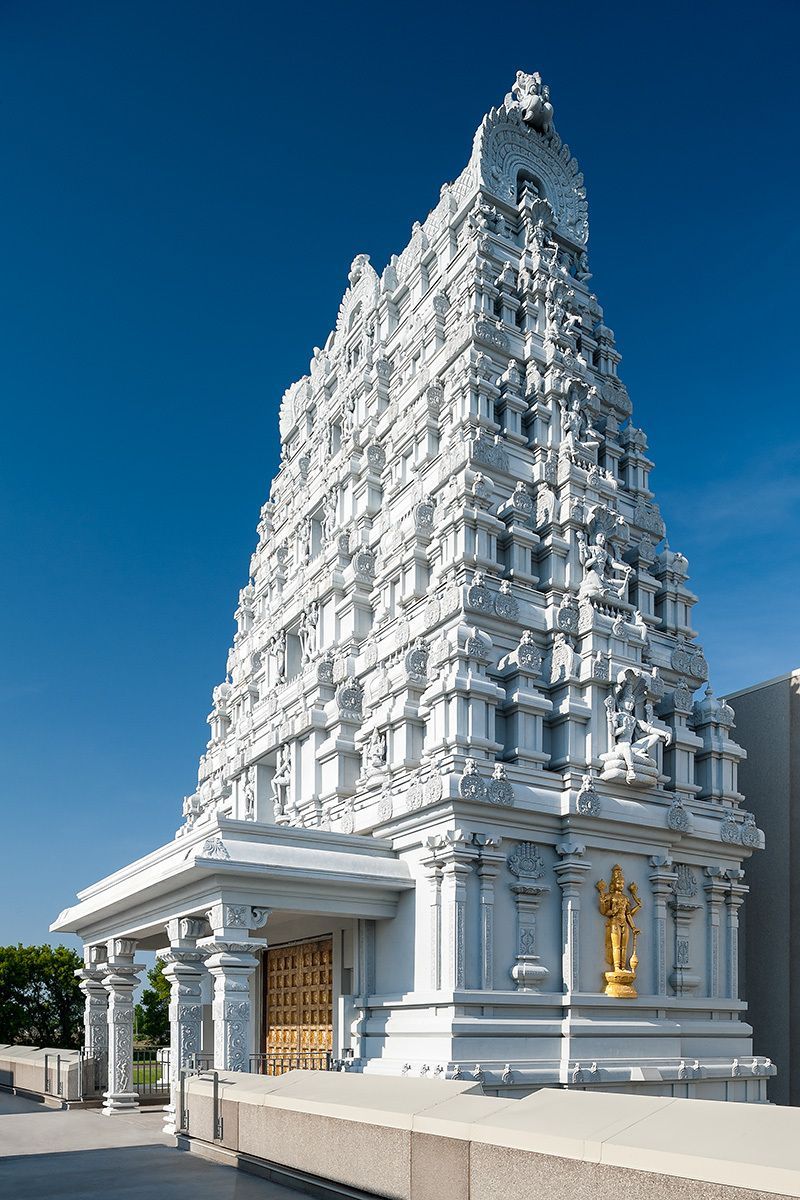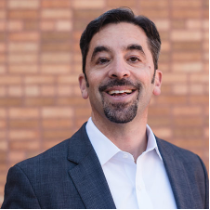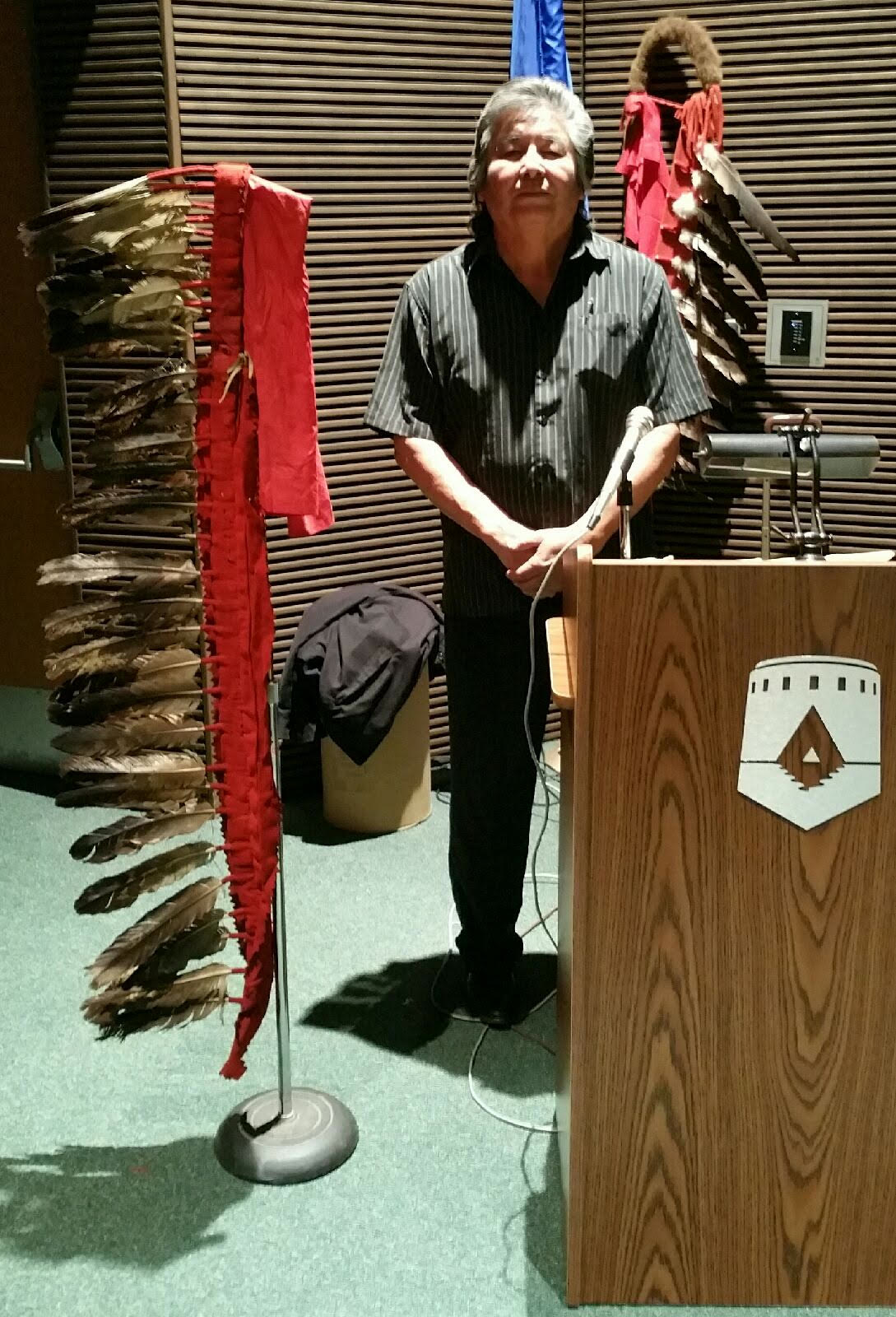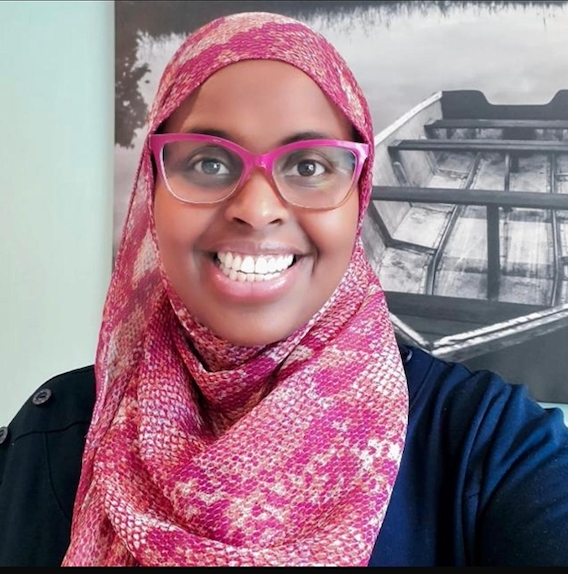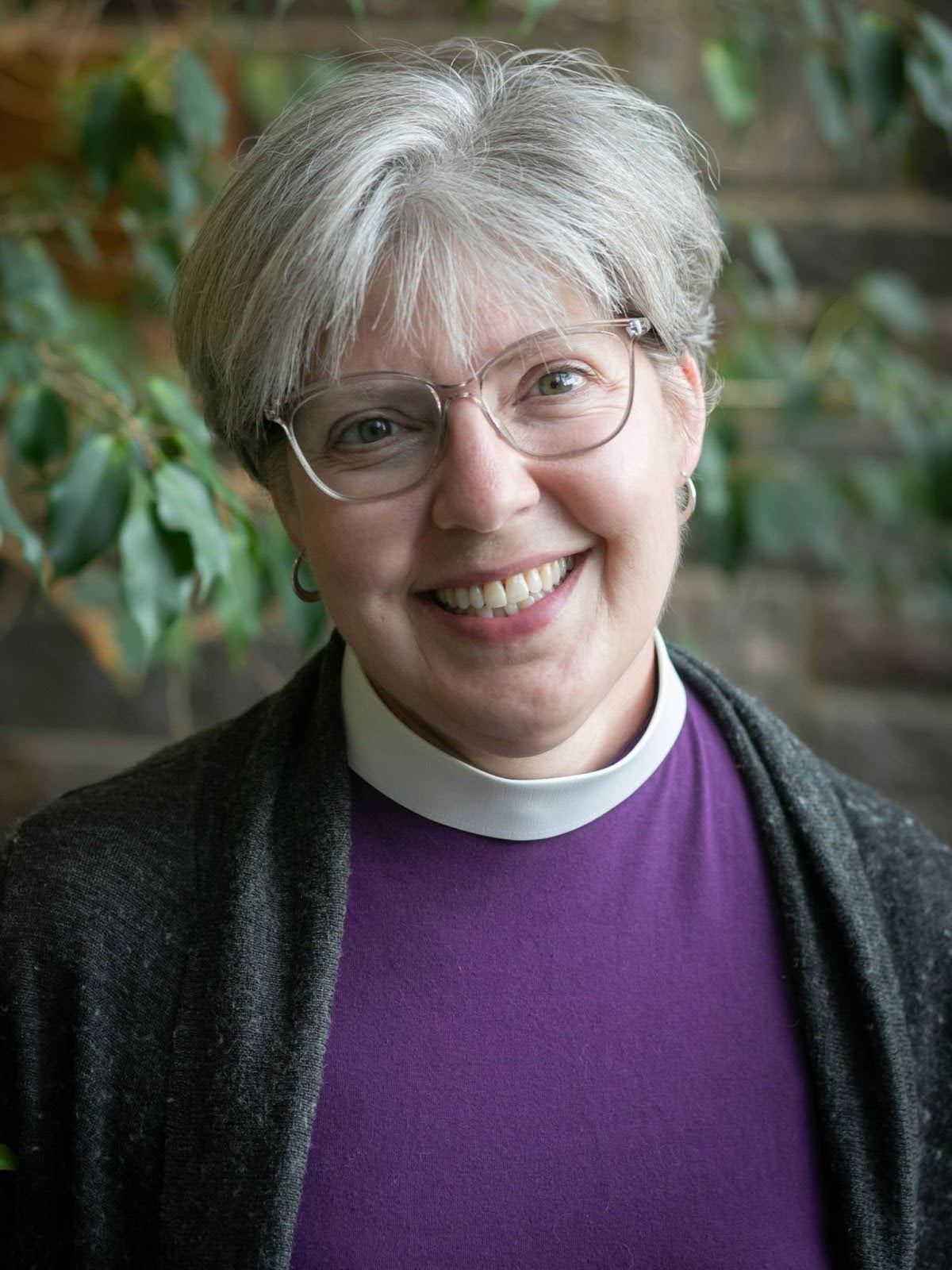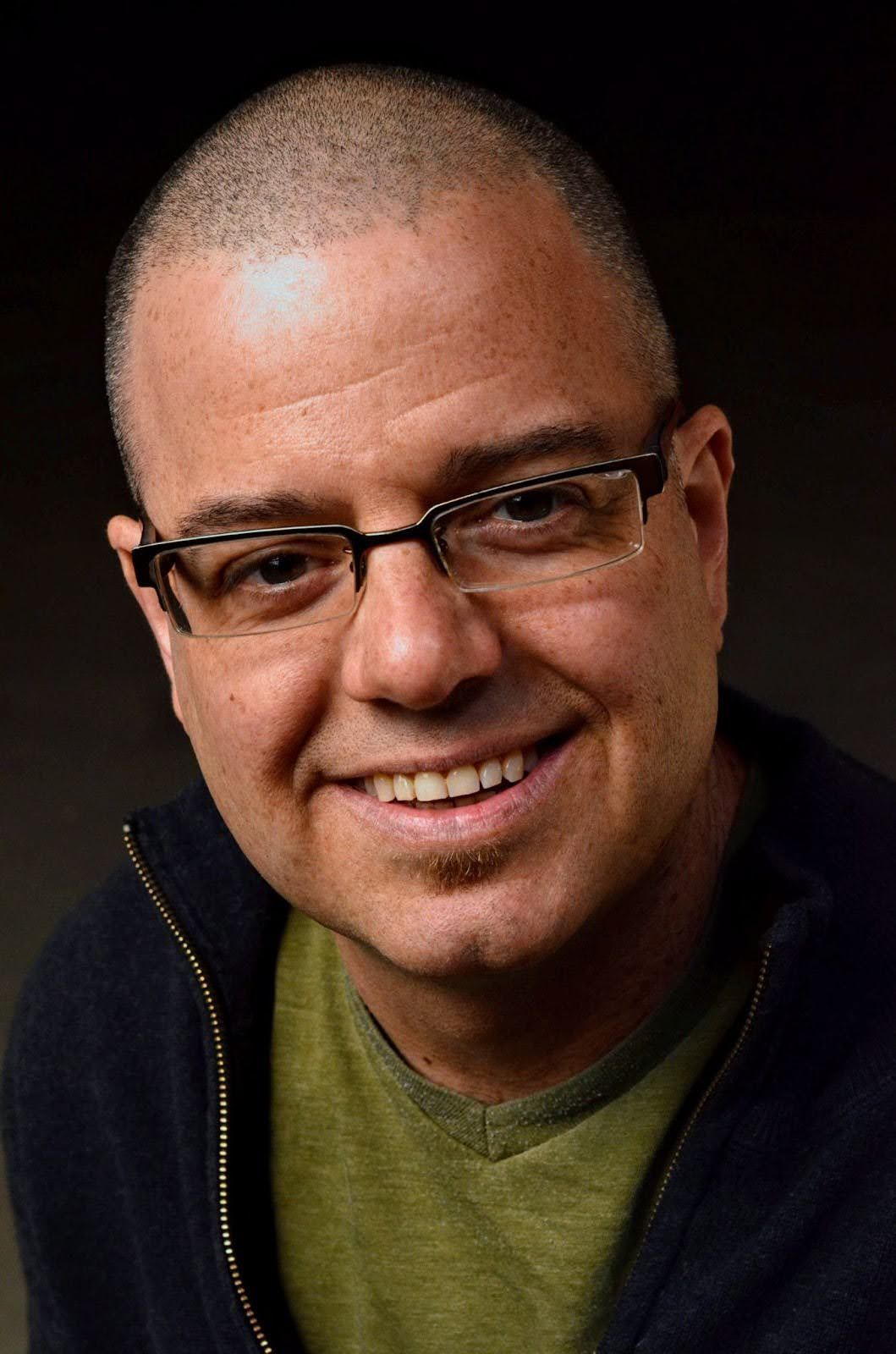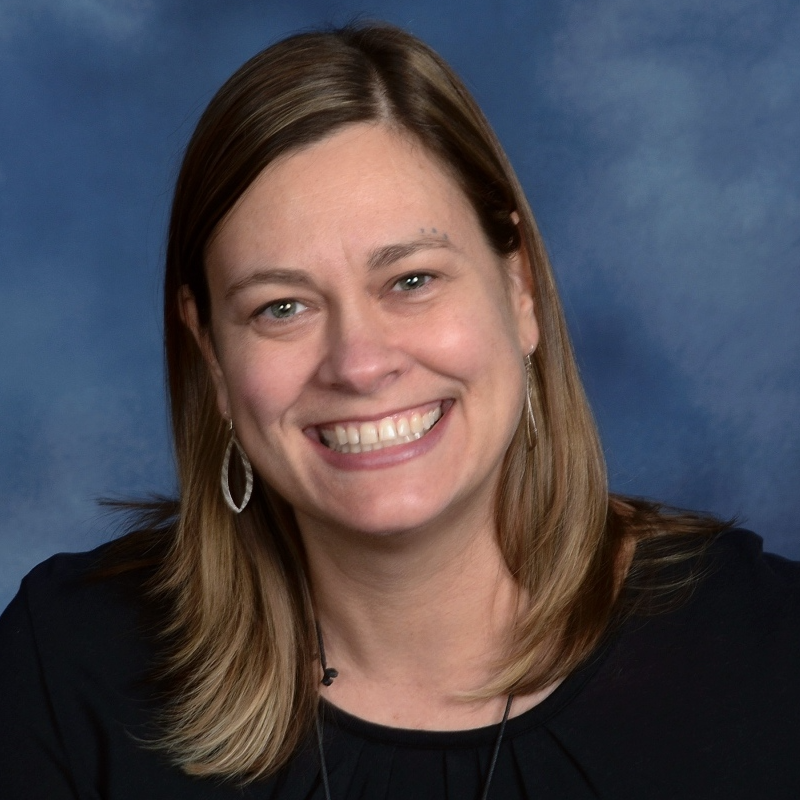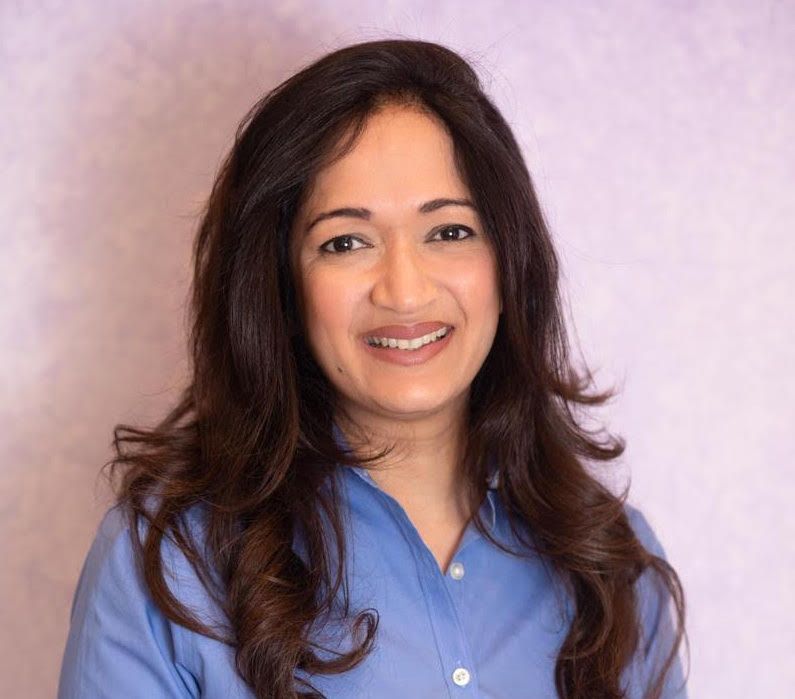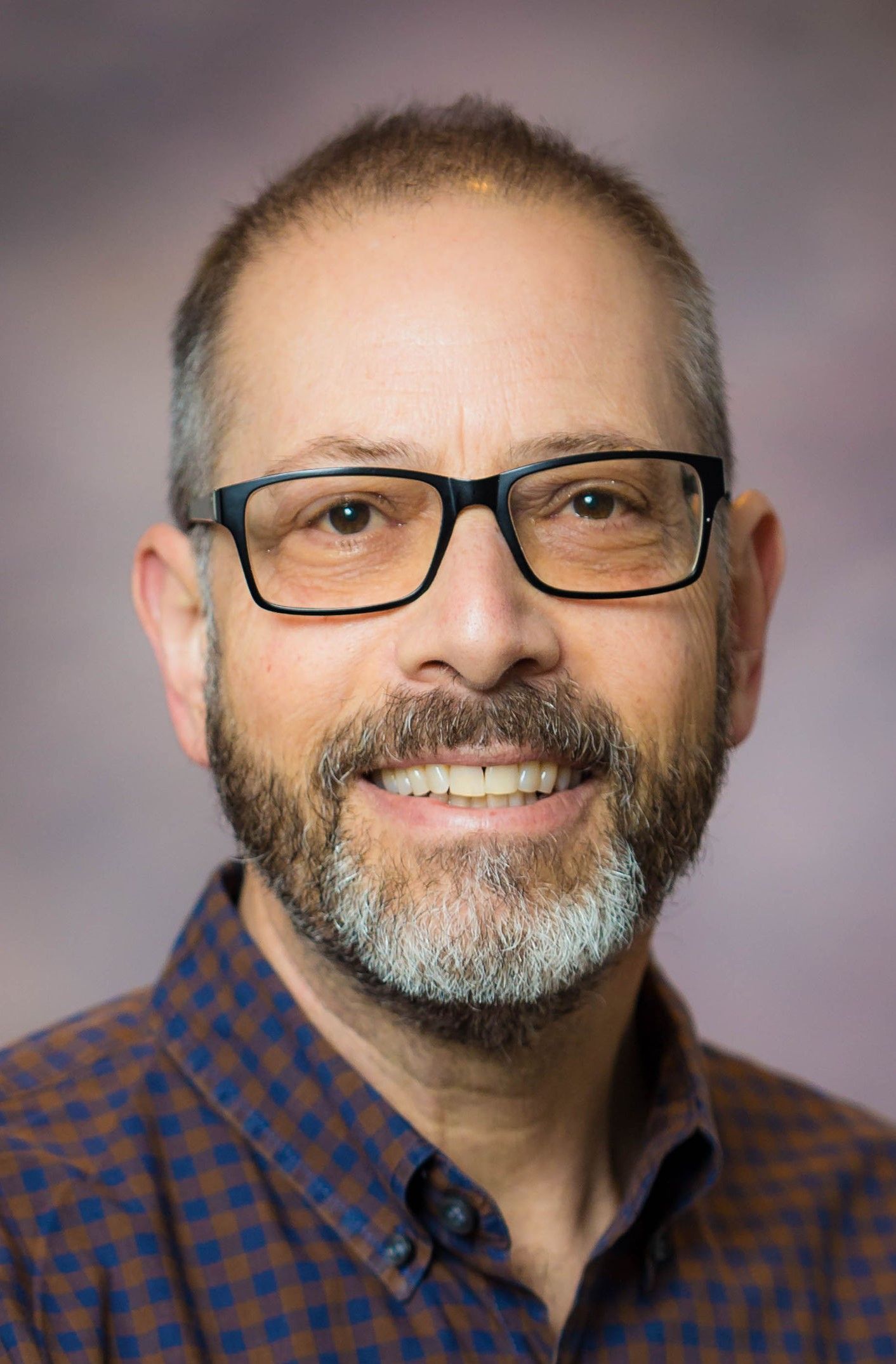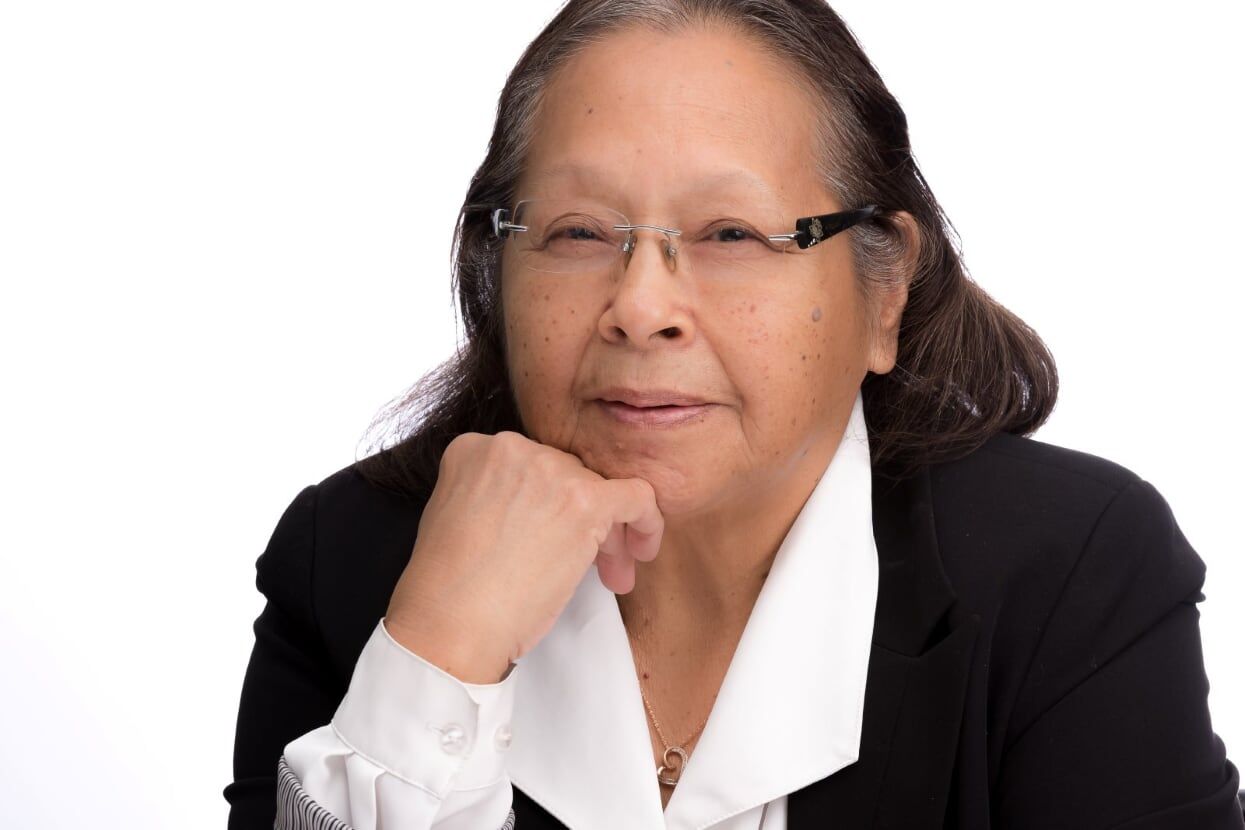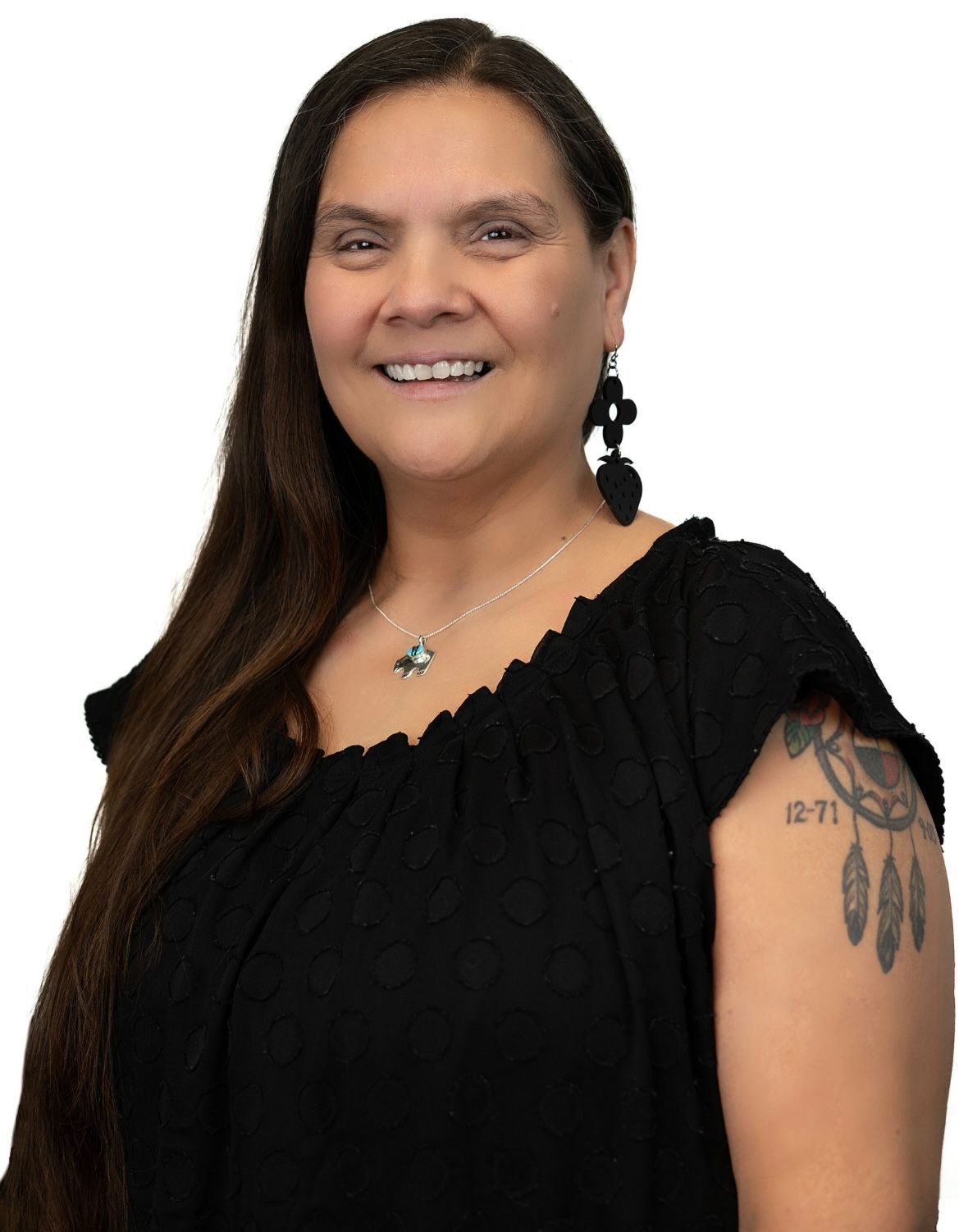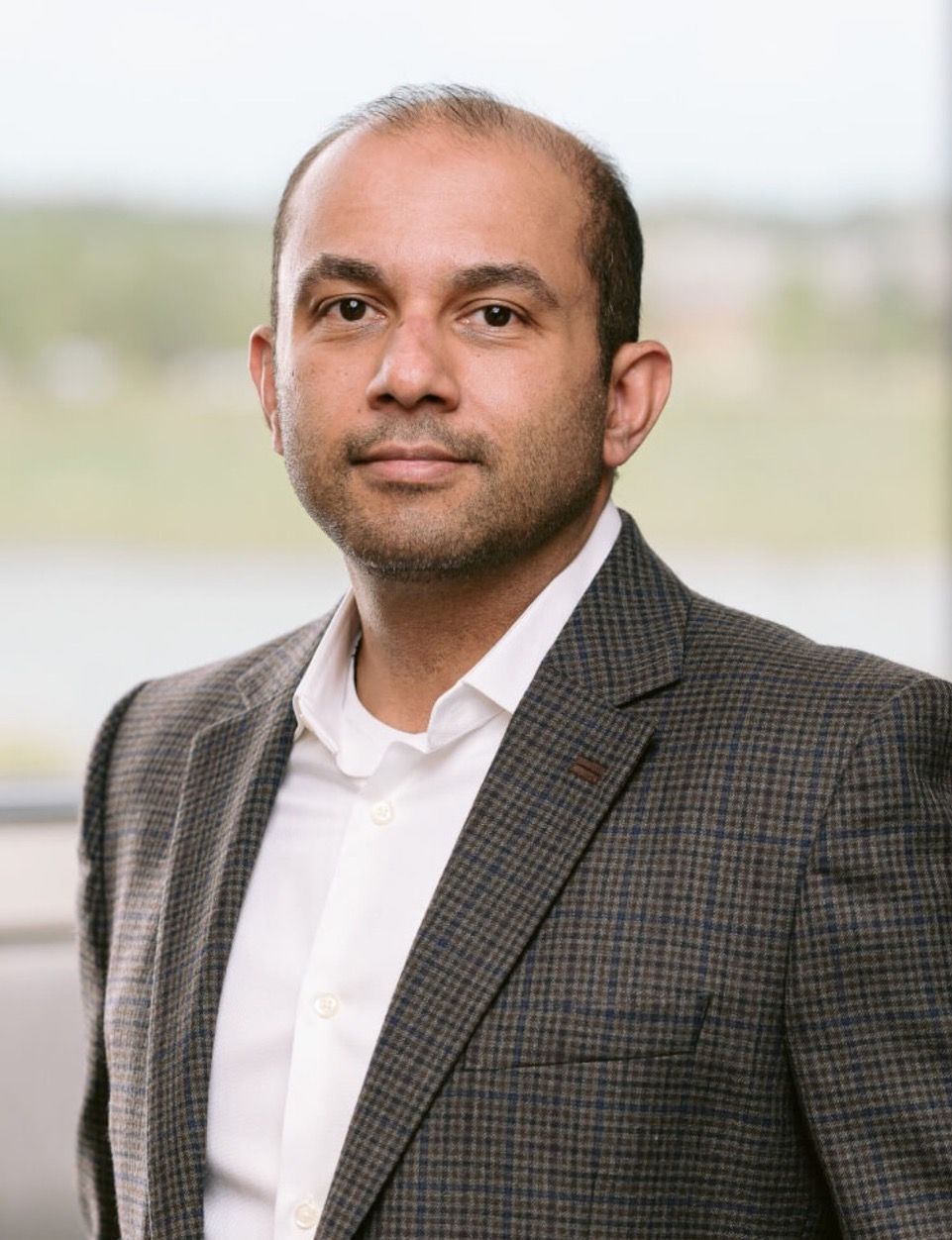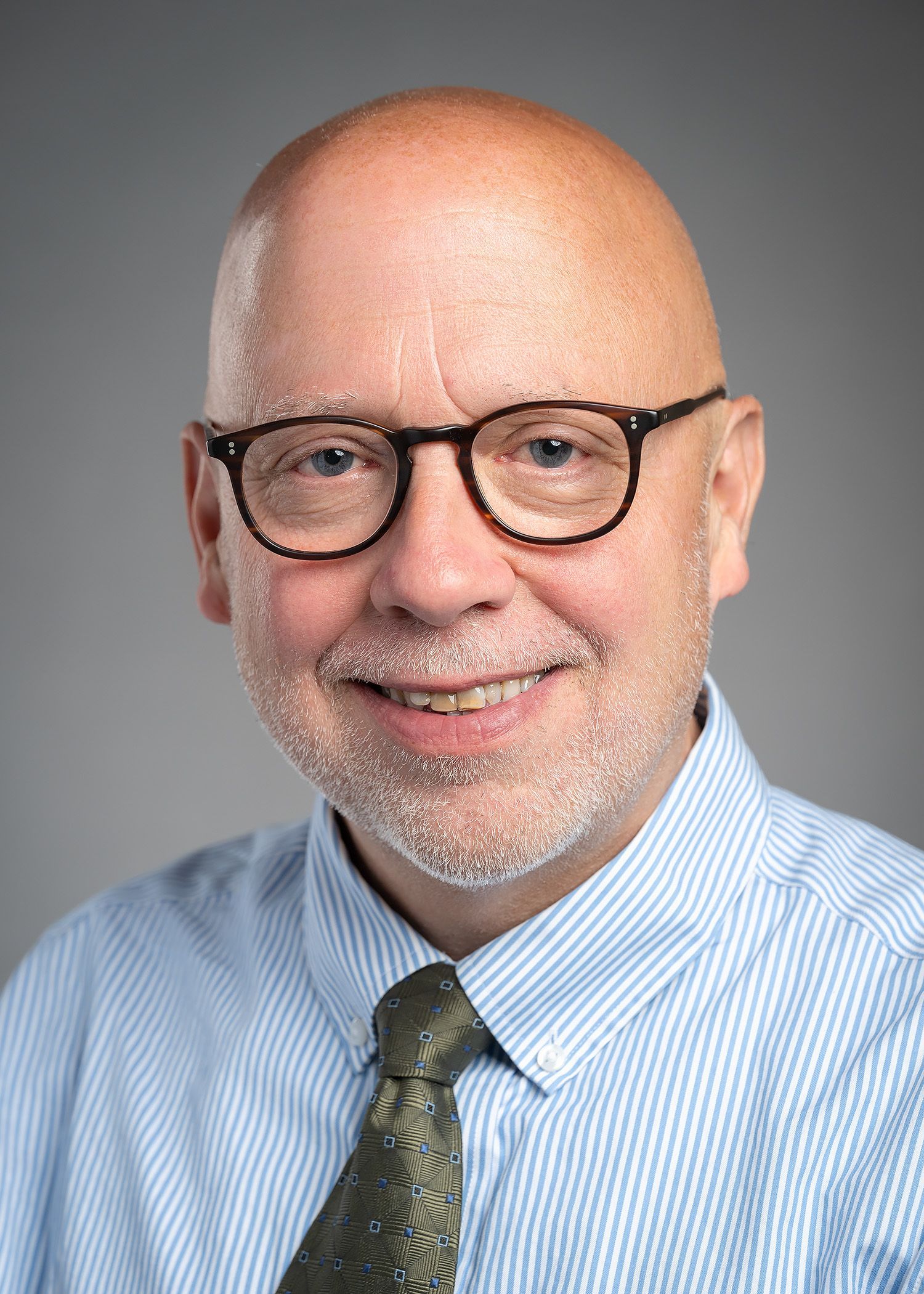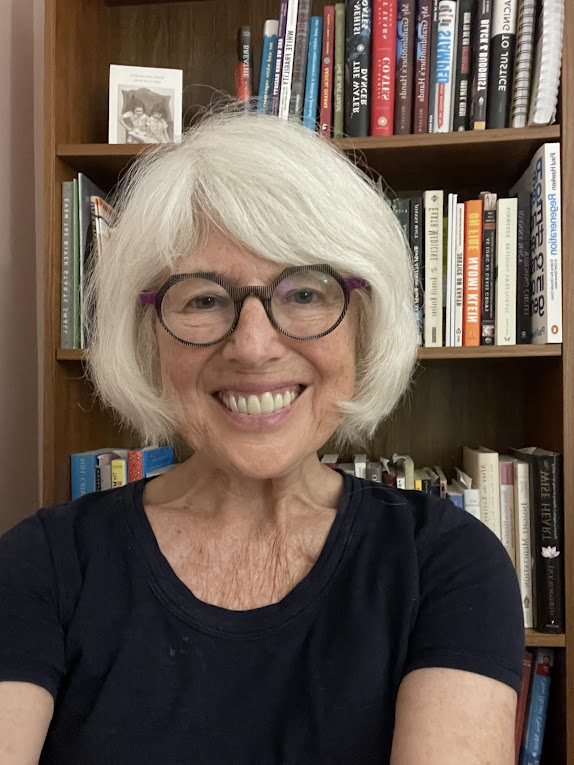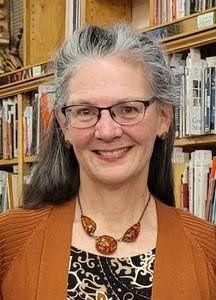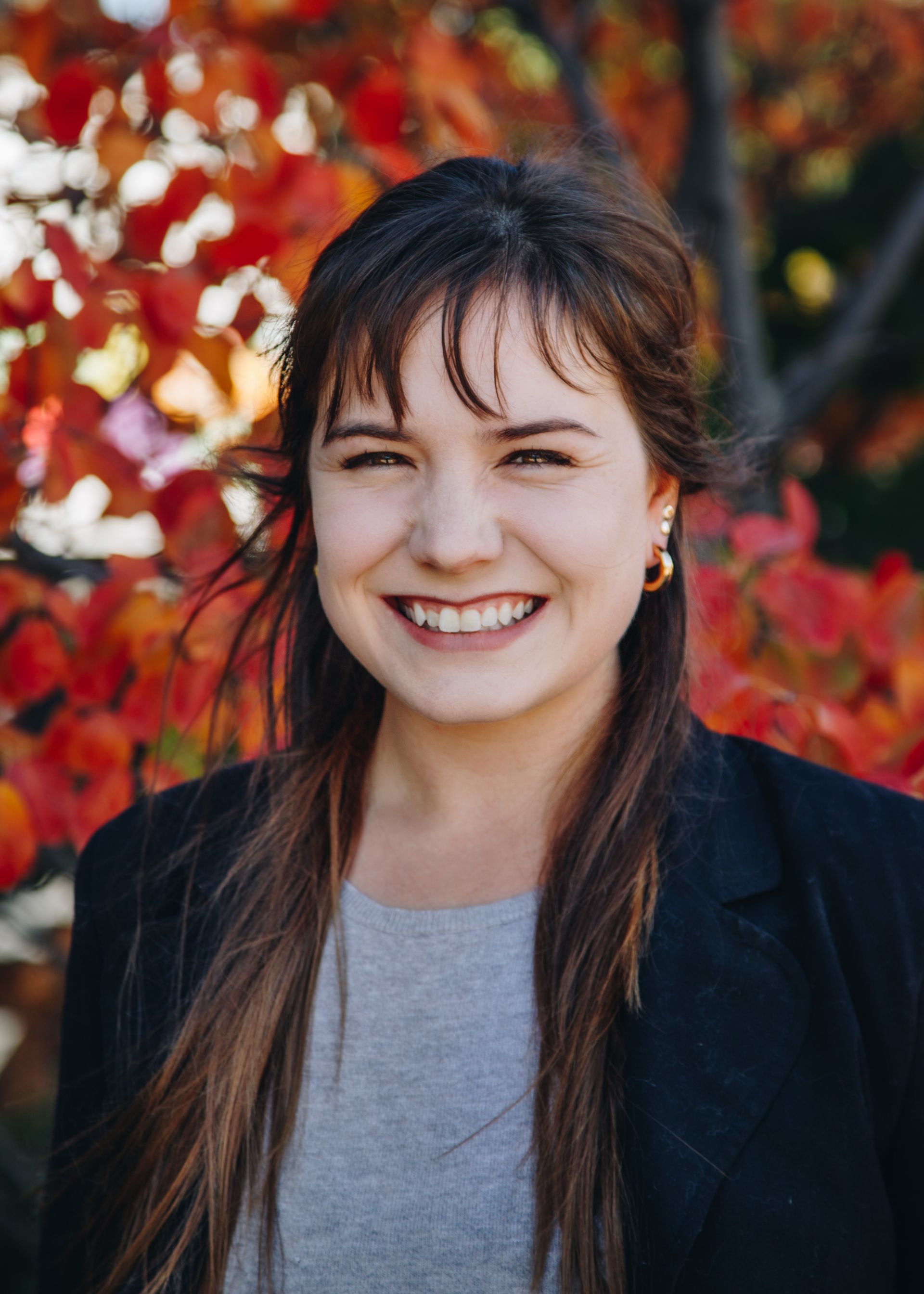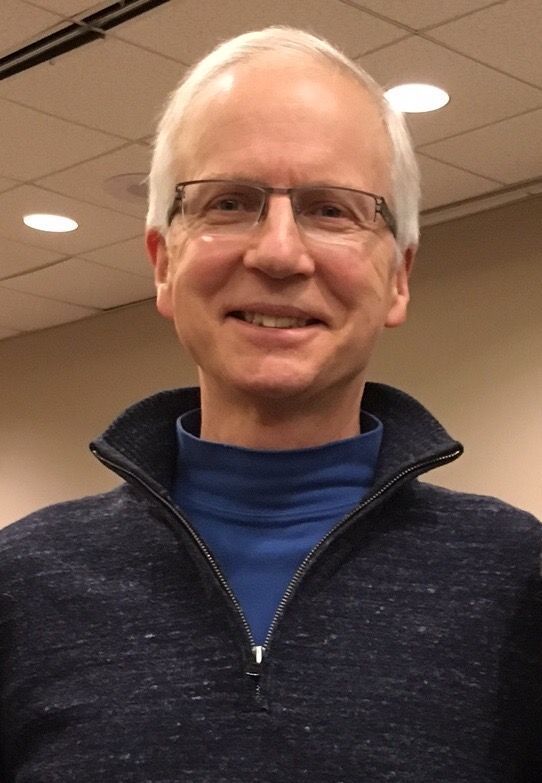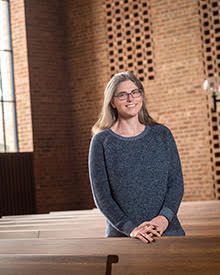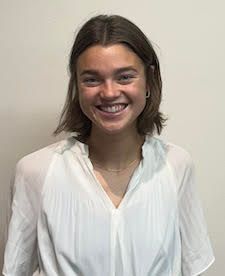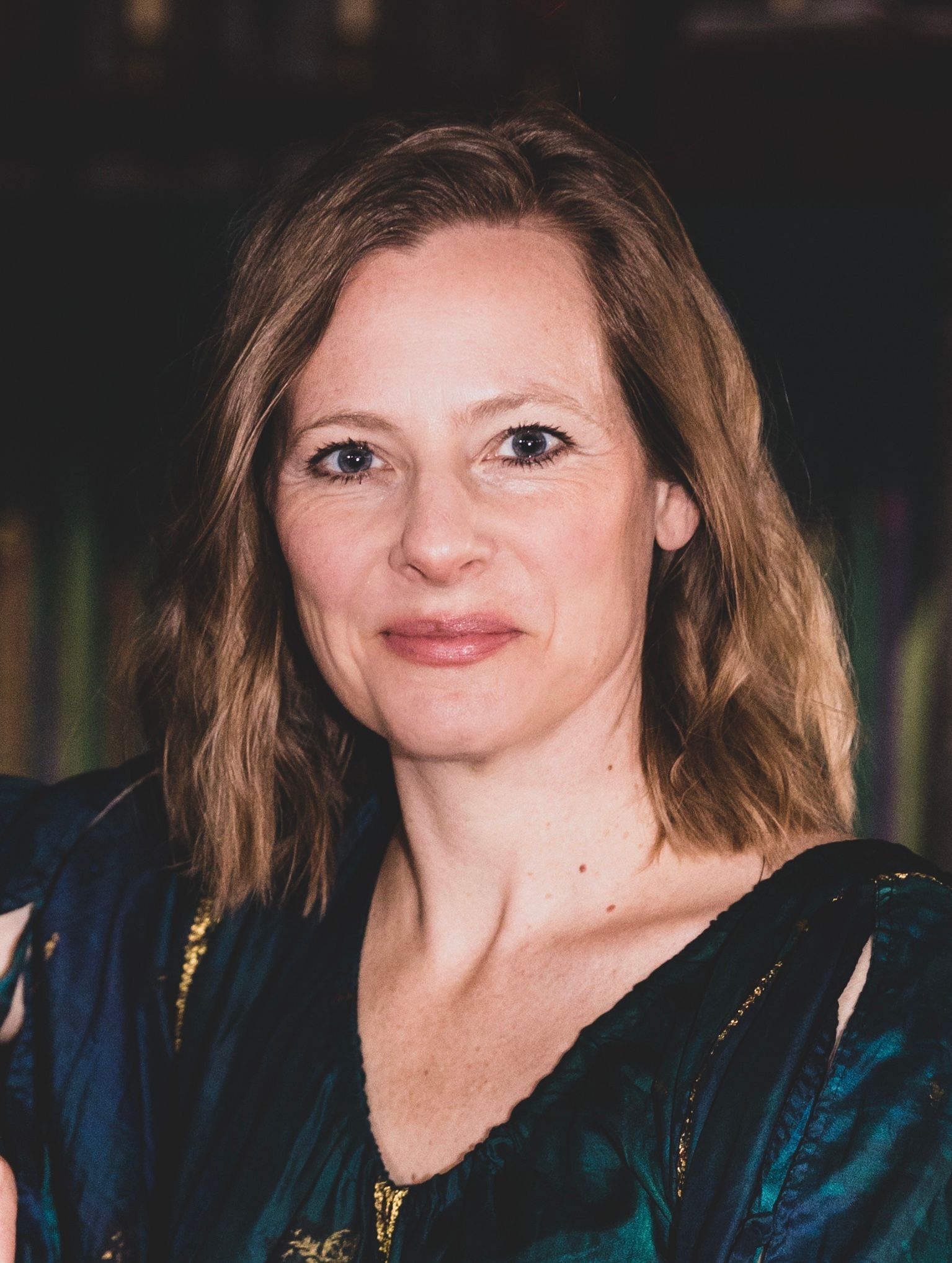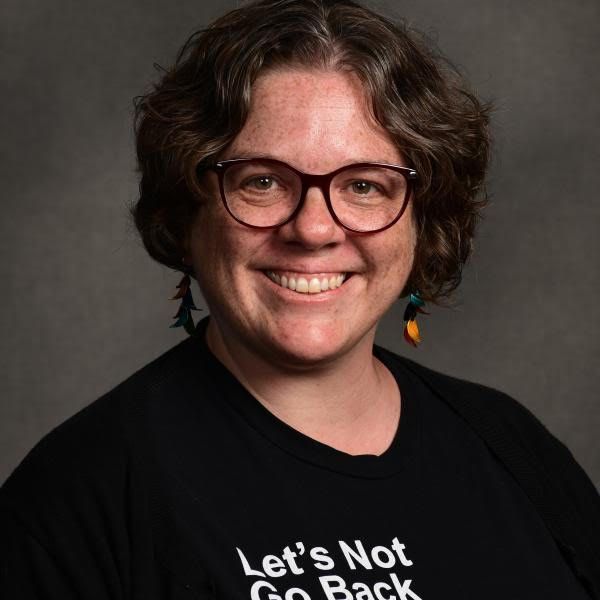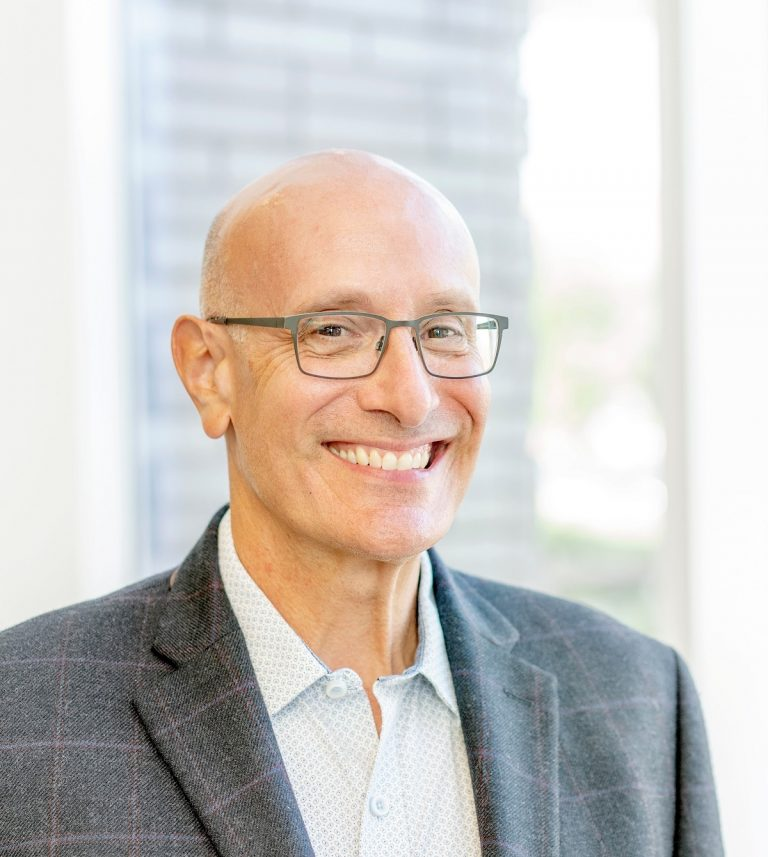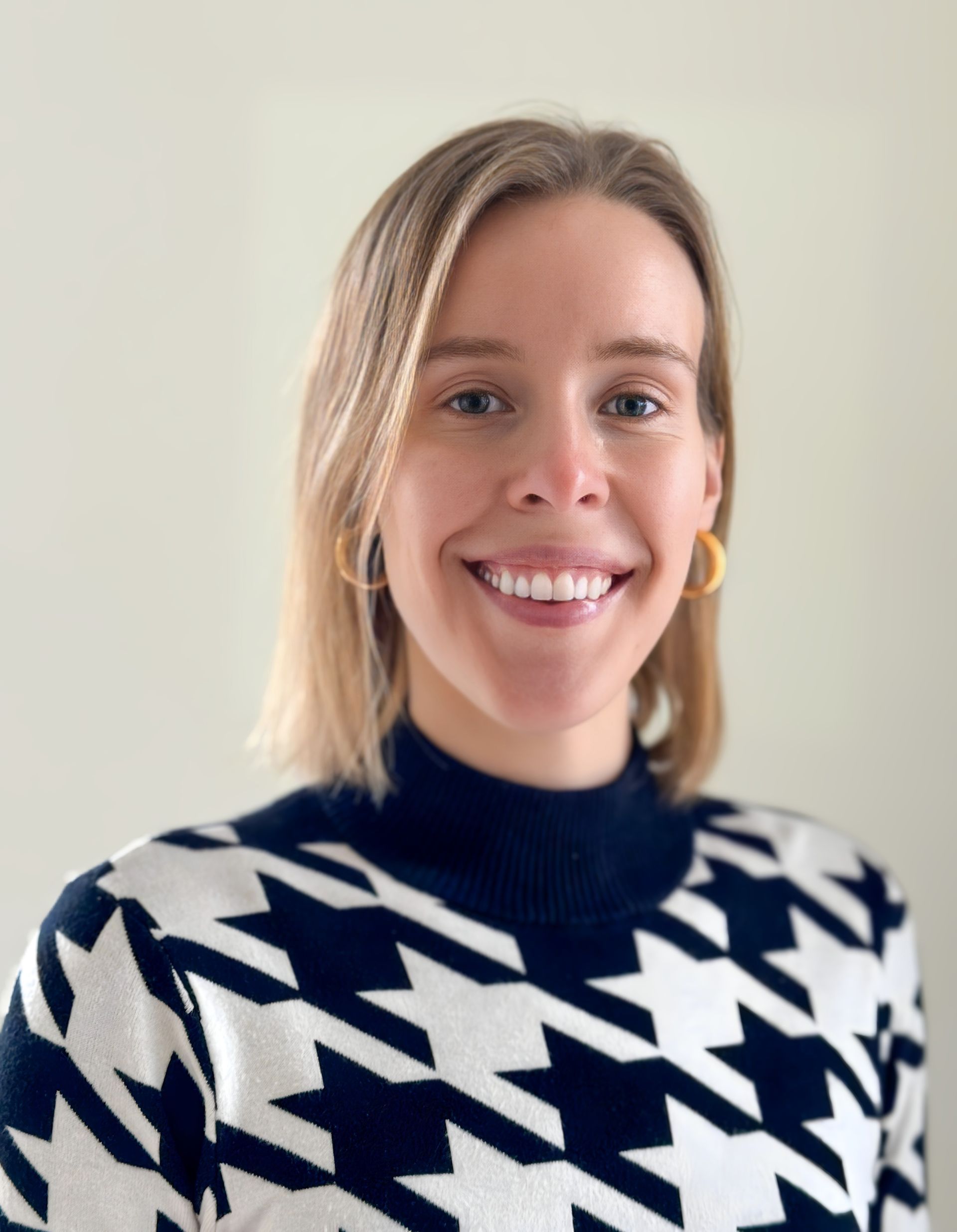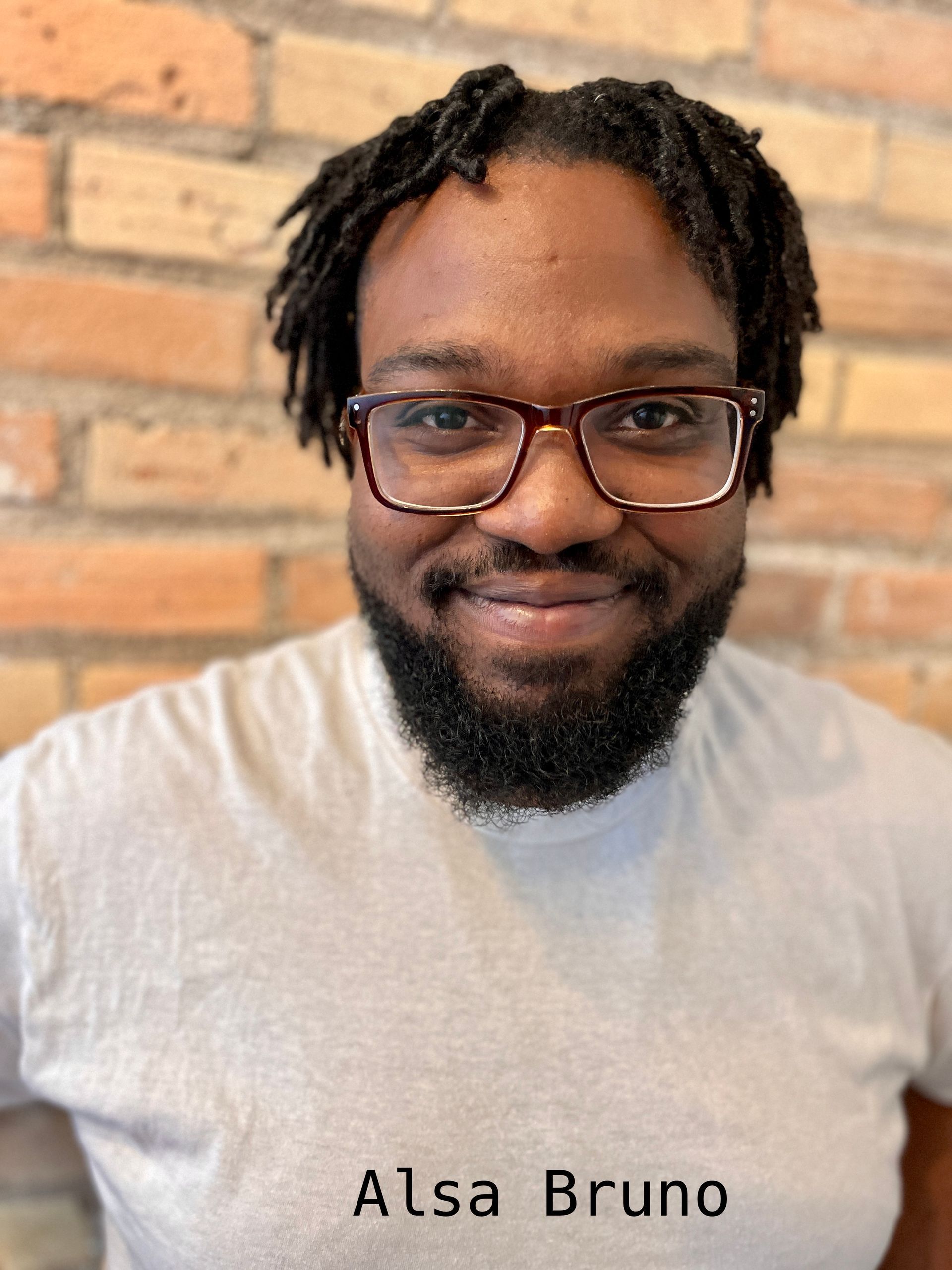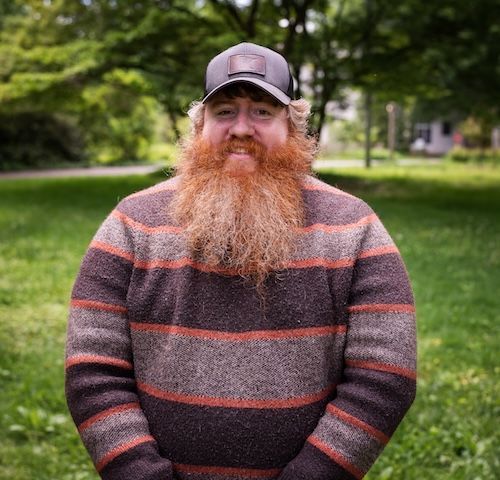MnMN 5th Annual Conference
Thursday, November 14, 2024
Hindu Society of Minnesota’s Temple
11:00am; 12:30 - 7pm
A CALL FOR JUSTICE AND HEALING
The Role of the Multifaith Community in Minnesota
in Times of Division, Distrust & Trauma
Whatever the outcome of Election Day 2024, the Minnesota Multifaith Network believes that the work of healing and building just communities is needed now more than ever. We gather for this conference acutely aware of many of the deep divisions being experienced today. We know those divisions are creating pervasive distrust and causing great trauma. In the midst of such painful realities, we believe that within our various religious and spiritual communities lies wisdom, experiences, and practices that can contribute to healing and the work of justice. In our day together we not only will name the realities of our divisions but share and experience ways that healing and justice might be our shared commitment and work. This time together is an opportunity for self-critical reflection, sharing best practices, and learning from one another and the wisdom of our traditions. We will lift up and listen to the voices of those who are ‘othered’ and marginalized as we build bridges, relationships, and community - weaving together a shared cry for justice and sharing in the work of healing.
AGENDA
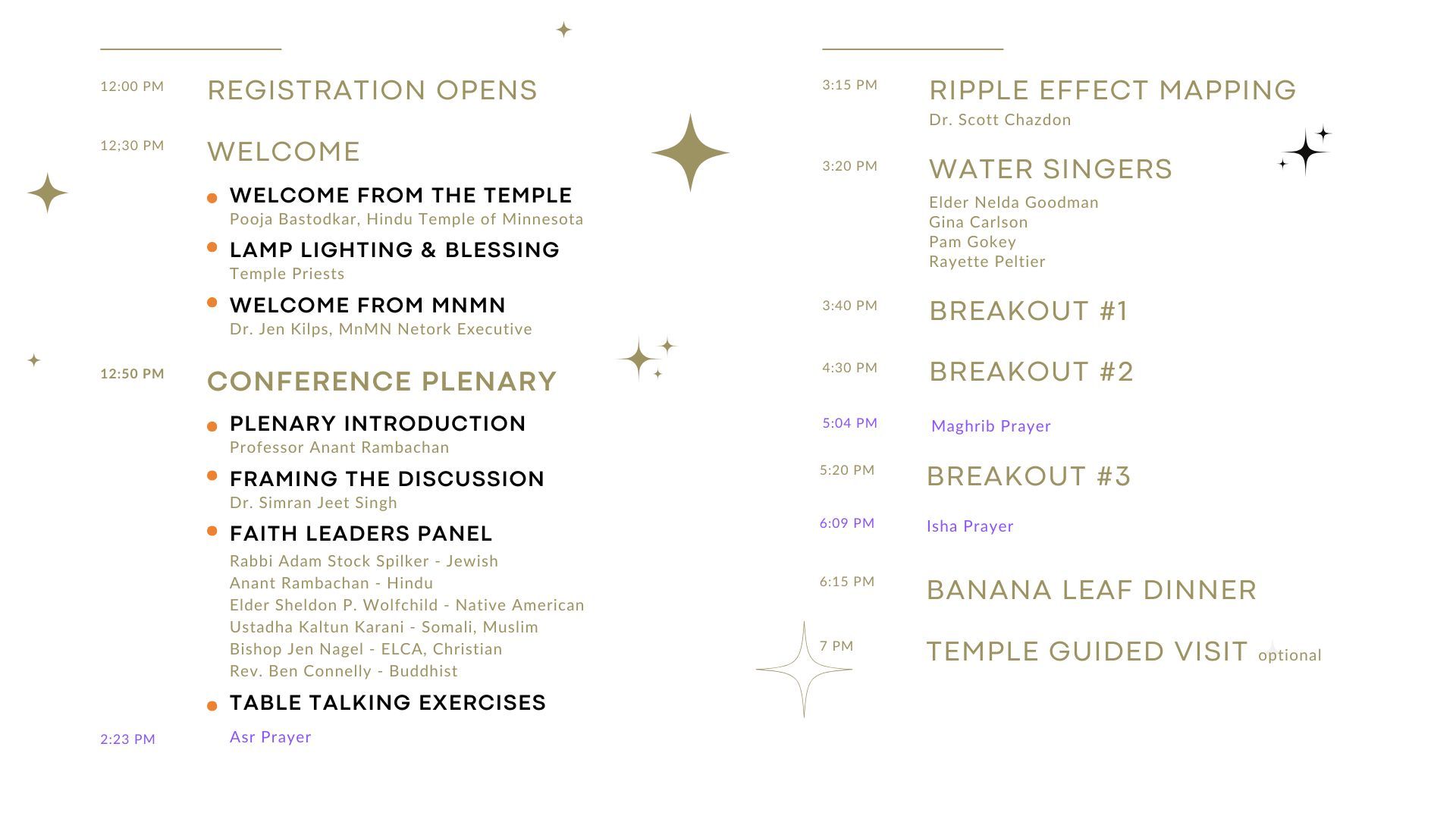
MENU
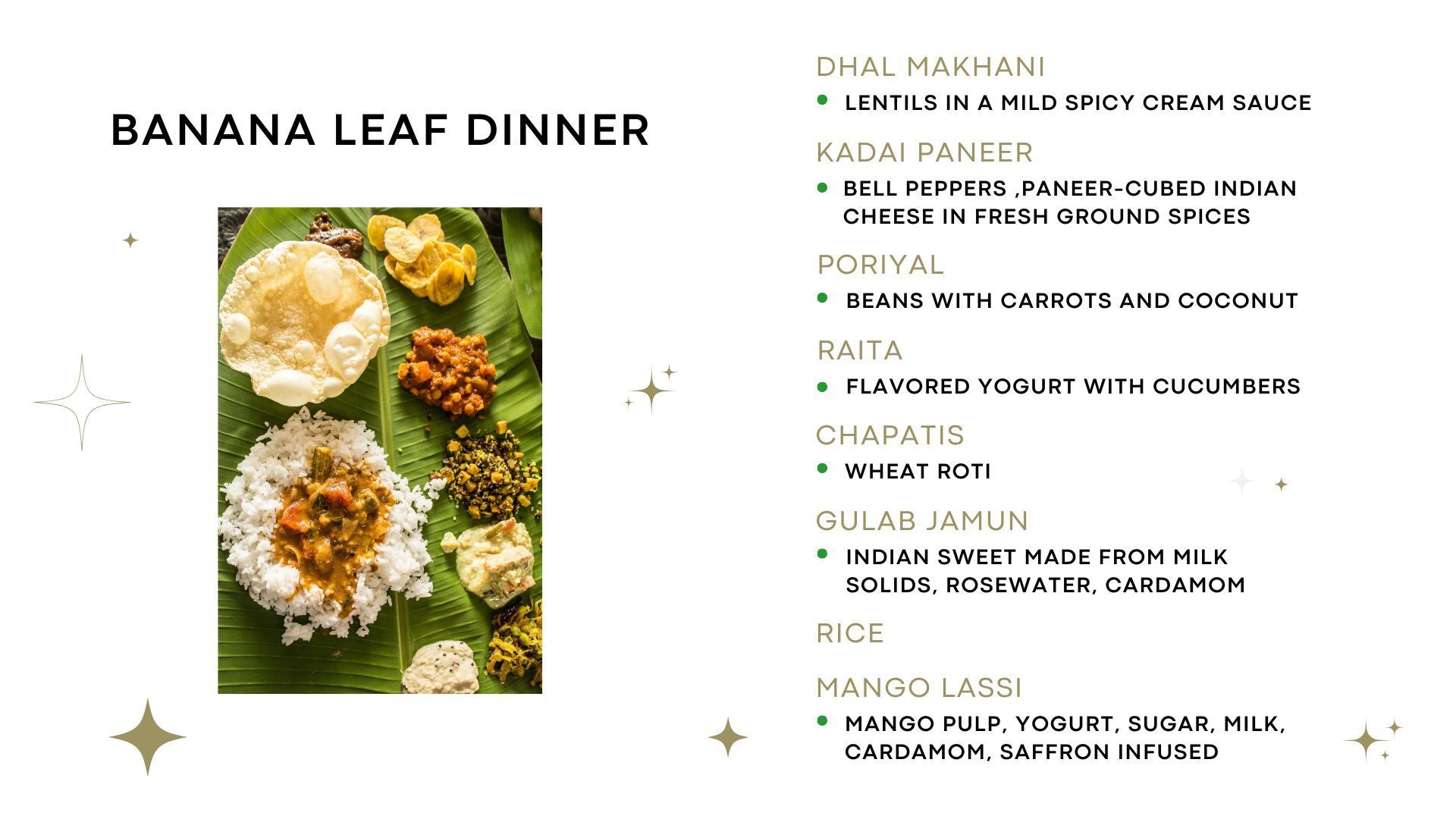
CONFERENCE MAP
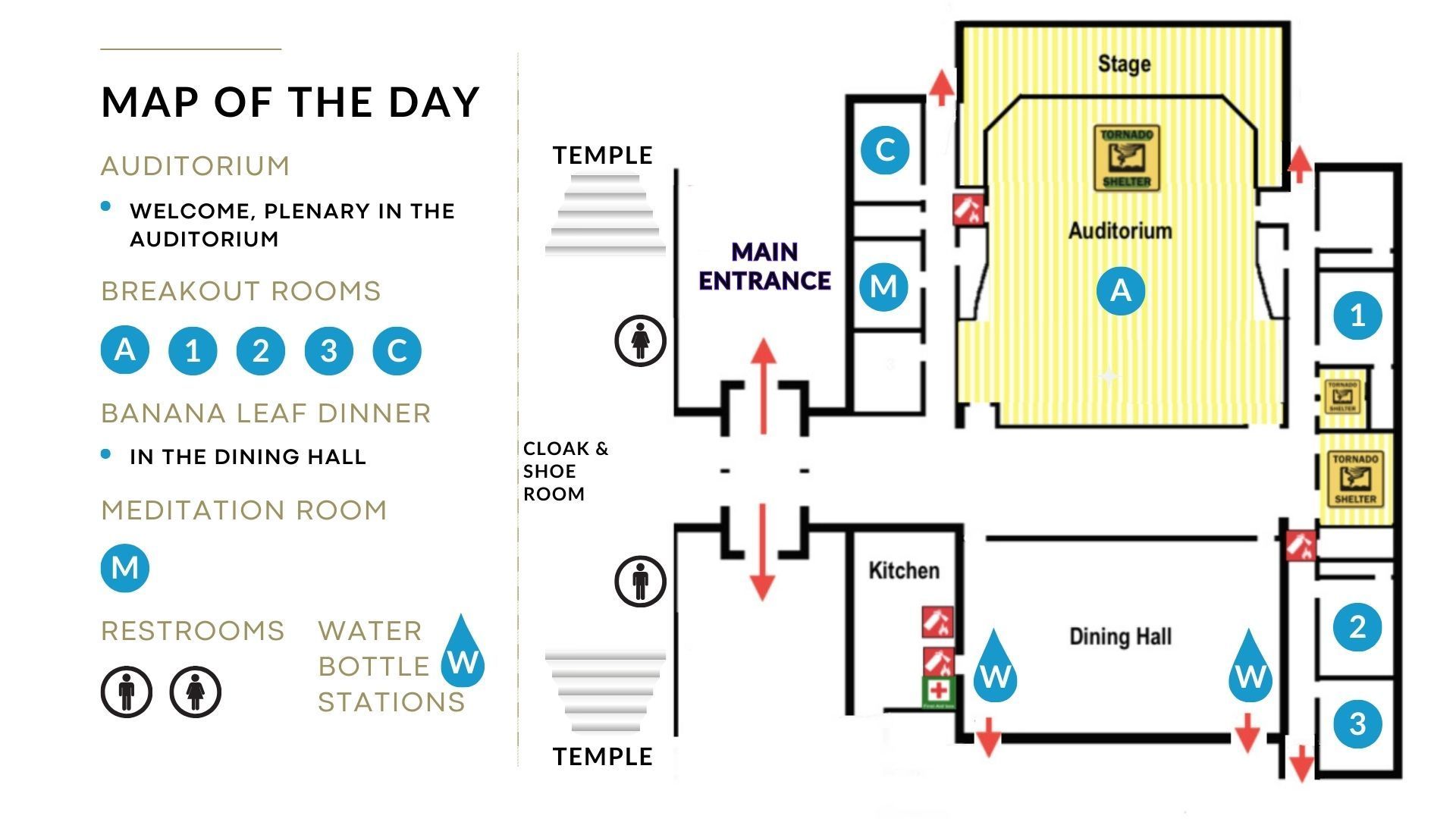
FEATURED GUESTS
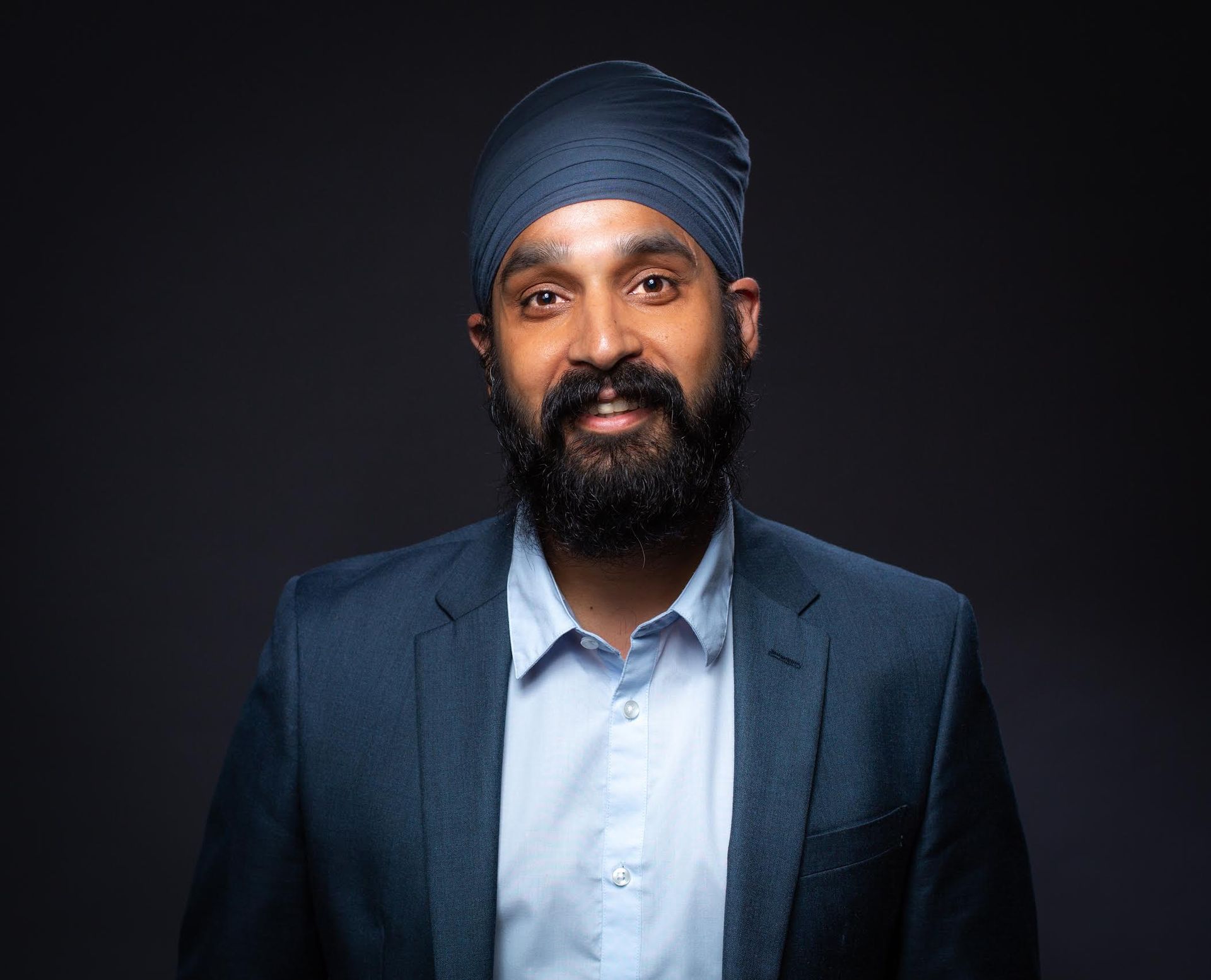
Simran Jeet Singh, Ph.D.
Dr. Simran Jeet Singh is Assistant Professor of Interreligious Histories at the historic Union Theological Seminary and national bestselling author of The Light We Give: How Sikh Wisdom Can Transform Your Life. He is Senior Advisor for the Aspen Institute’s Religion and Society Program and also hosts Wisdom & Practice, a new podcast by The Aspen Institute and PRX.
Simran has spoken to audiences at various venues, including the mainstage at SXSW in Austin, Texas, Stanford University’s commencement ceremonies, and Fortune 500 companies around the globe. He is an Atlantic Fellow for Racial Equity with Columbia University and the Nelson Mandela Foundation, a Soros Equality Fellow with the Open Society Foundations, and a Senior Fellow for the Sikh Coalition.
Simran earned graduate degrees from Harvard University and Columbia University, and an undergraduate degree from Trinity University. He writes regularly for various outlets, including TIME Magazine, Harvard Business Review, and Religion News Service.
Simran authored the award-winning children’s book Fauja Singh Keeps Going: The True Story of the Oldest Person to Ever Run a Marathon (Kokila, Penguin Random House), and his next children’s book—a celebration of migration, home, and new beginnings—comes out this spring.
Born and raised in San Antonio, Texas, Simran now lives in New York City with his wife and two daughters, where he enjoys running, writing, and chasing his kids.
FAITH LEADER PANELISTS
PRESENTERS
BREAKOUT SESSION LEADERS
BREAKOUT ROOMS
SESSION ONE
AUDITORIUM: TRAUMA INFORMED CARE
Significant research, including the Adverse Childhood Experience studies, has demonstrated the far-reaching and long-lasting impact of trauma on physical, psychological and spiritual health. In failing to recognize this impact, systems of care and faith communities repeatedly place bandages on what are much-deeper emotional and spiritual wounds. Counteracting this trend are emerging best practices known as Trauma-Informed Care. This session will introduce the main principles of Trauma-Informed Care and explore ways that faith leaders and communities can become more trauma responsive and healing-centered.
Presenter: Rev. David Hottinger
ROOM 1: ACTIVE HOPE FOR CLIMATE RESILIENCE
This Active Hope for Climate Resilience workshop is an introduction to the work of Joanna Macy, an eco-philosopher, author, and activist who has inspired thousands from around the world to maintain Active Hope in light of the ecological crisis. She gives us frameworks and practices of gratitude, grief, interconnection, and ultimately transformation to stay engaged and resilient in our work to save ourselves and our planet and to address the many issues and divisions of our time. In pairs and small groups we will walk through a series of reflections using the Active Hope Spiral. This workshop, inspired by the book Active Hope, How to Face the Mess We’re in with Unexpected Resilience and Creative Power will engage the heart and mind and invite participants to tap into their deep spiritual care and connection to each other, all living beings and the earth itself. When our responses are guided by the intention to act for the healing of our world, the mess we’re in not only becomes easier to face, our lives also become more meaningful and satisfying.
Presenters: Jean Hammink & Beth Cleary
ROOM 2: INTERFAITH CONVERSATIONS ON GUN VIOLENCE PREVENTION: HOW TO UTILIZE PROTECT MINNESOTA'S INTERFAITH ALLIANCE TOOLKIT IN YOUR FAITH COMMUNITY
The topic of gun violence prevention is oftentimes a polarizing one, with that in mind the Protect Minnesota Interfaith Alliance has developed the Congregational Toolkit for Gun Violence Prevention with the goal of creating space for productive conversations about gun violence prevention. Alongside the Toolkit the Interfaith Alliance also developed a facilitation guide that provides step by step instruction on how to establish respect amongst participants and guide the conversation in a productive direction. When combined, this toolkit and facilitation guide help lay the path for faith-driven people who are looking to get involved in the gun violence prevention movement. During this educational session Protect Minnesota's Executive Director, Maggiy Emery and Interfaith Alliance member, Pastor Rolf Olsen will guide conference attendees through the toolkit and companion facilitation guide so they might bring them back to their communities and facilitate respectful and fruitful gun violence prevention conversations amongst their peers.
Presenters: Maggiy Emery & Rolf Olsen
SESSION TWO
AUDITORIUM: THE DIFFERENCE BETWEEN DEI AND ANTIRACISM IN INSTITUTIONS
Have you found that your work around diversity, equity, and inclusion seems to lose steam after a while or fall flat? Come join Anna Stamborski, an organizer and trainer at Crossroads Antiracism, in" Difference between DEI and Antiracism in Institutions" to be equipped with tools and frameworks to help move your institution, ministry, or faith community from merely trying to diversity your space to animating antiracist ways of being for all.
Presenter: Anna Stamborski
ROOM 1: HOSTING ASYLUM SEEKERS AS NARRATED IN THREE TRADITIONS
We will present how hosting asylum seekers is narrated and framed in three different traditions of faith communities: Jewish, Christian, and Buddhist (gleaned from interviews with each of these hosting communities). We will also present narrative information from an asylum seeker who has shared their story via interview to give a greater understanding of the asylum story. The last 15-20 minutes of the workshop will provide an opportunity for participants to answer the same “why” questions for their own faith community as an imaginative exercise.
Presenters: Rachel McIver Morey, Annessa Ihde
ROOM 2: IFS (INTERNAL FAMILY SYSTEMS) AND ITS RADICAL APPROACH TOWARD PERSONAL AND COMMUNAL HEALING
IFS (Internal Family Systems Theory) is a powerful healing modality that can be used to heal yourself, your relationships, and the larger world. IFS offers the radical idea that within each of us are many parts. These parts are often overwhelmed with tasks of protecting us and managing us in a hostile world. Many of the extreme behaviors we witness within ourselves as well as in the world come from traumatized and overly burdened parts. The good news is that each of us has access to a Self, which can attend to and harmonize our internal family. This model will change the way you relate to yourself and others, creating more room for compassion, courage, and creativity. Pastor Siri will explain the model and offer practical methods to use for healing within yourself, your relationships, and the larger world.
Presenter: Pastor Siri Strommen
ROOM 3: A HIGHER ED GROUP DISCUSSION FOR FACULTY AND STAFF NAVIGATING MULTI-RELIGIOUS CONTEXTS IN TIMES OF DIVISION, DISTRUST, AND TRAUMA
Please Note: This session is aimed at faculty and staff in higher education to talk with each other about what is happening on our campuses and strategize together on multifaith engagement across lines of difference.
Colleges and universities find themselves full of people who’ve already experienced high levels of stress. The pandemic replaced face-to-face interaction with virtual learning. George Floyd’s murder exposed the ugly side of “MN Nice” racism. More recently, tensions in the Middle East have polarized campuses across the country. And in an election year, political differences can evoke quasi-religious zeal. Students, staff, and faculty arrive on campus already anxious and stressed out even before the semester begins.
Trauma untreated goes sideways. And institutions of higher learning that pride themselves on promoting critical thinking, civic engagement, and leadership development have found those goals hard to achieve.
Religious difference often plays a role in some of these struggles, but religion and spirituality can also offer resources and practices for addressing them.
Presenters: Chaplain Kelly Figueroa-Ray & Dr. Matthew Maruggi
SESSION THREE
AUDITORIUM: USING IMPROV AS A WAY TO COMBAT ABLEISM AND RACISM IN FAITH COMMUNITIES
Often, ableism and racism are seen as separate issues, yet due to climate change, lack of healthcare, and access to grocery stores, people of color, especially black and native populations, are more at risk of becoming disabled at rates higher than white people. As Dr. King said, “An injustice anywhere is a threat to justice everywhere,” so this workshop will address our collective oppression in an embodied discussion and actively defy the arbitrary distinctions that separate antiracism from disability justice.
Instead of the usual cerebral DEI trainings, we will talk and show how improv can be used to tackle these issues of ableism and racism. Using embodied improv activities allows this discussion to be more interactive and sensitive to the issues surrounding mobility, neurodiversity, and reactive traumas.
Our discussion will use improv formats to generate unique conversations and allow for an introspective justice to root in our faith journey that participants can flower outward in their respective communities.
Presenters: Alsa Bruno & Greg Woods
ROOM 1: A TASTE OF RESPECTFUL CONVERSATIONS
As featured in USA Today and the Minnesota Star Tribune! Are MCC Respectful Conversations right for you? Over 8500 people in the Minnesota, North Dakota and Wisconsin have depolarized conflict, become better peacemakers, and learned love their ideological opponents through these structured, facilitated experiences sought after by faith communities, college campuses and municipalities. They are great tools for addressing conflict and for setting a tone on how to manage intense disagreement in community. Learn about the scale and scope of MCC Respectful Conversations and how we know they work, then experience a "Taste of a Respectful Conversation about the Election." Participants should come prepared to share from their own heart and experiences in relation to the topic and be prepared to listen well to others.
Presenter: Rev. Jerad Morey
ROOM 2: SOUL HABITS FOR DEEPENING SPIRITUAL RESILIENCE
We all need spiritual resilience to thrive, but how do we find practical strategies to help us deepen that quality? This session will introduce you to a method that combines research in neuroscience and psychology with spiritual practices that span traditions and centuries. We will name eight spiritual emotions that connect us with our best selves, one another and our Creator. We’ll identify seven spiritual practices and briefly explore one or two. And we’ll take a look at the ways our bodies influence our thinking and our emotions.
Presenter: Connie Fourré
GUIDED TEMPLE VISIT
Two guided Temple visits will be offered during the conference, the first during our third breakout session at 5:30 PM and the second after the conference at 7 PM. Both tours will be limited to 40 participants, sign-up will be first-come first-served at the sign-in table when you arrive at the conference.
Presenter: Dr. Prasad Bastodkar
SPONSORS

BANANA LEAF MEAL
Having a meal on a banana leaf has been an age-old custom in some parts of India, dating back as far as 2000 BC. Not only are banana leaf ‘plates' biodegradable and economical, but they aid in digestion due to their natural enzymes and contain vitamins to promote overall health. The tradition of families coming together to have a feast on a banana leaf during festive occasions is still seen today. Spiritually, the banana plant is said to bring prosperity and immense luck, as explained in ancient Hindu scriptures.
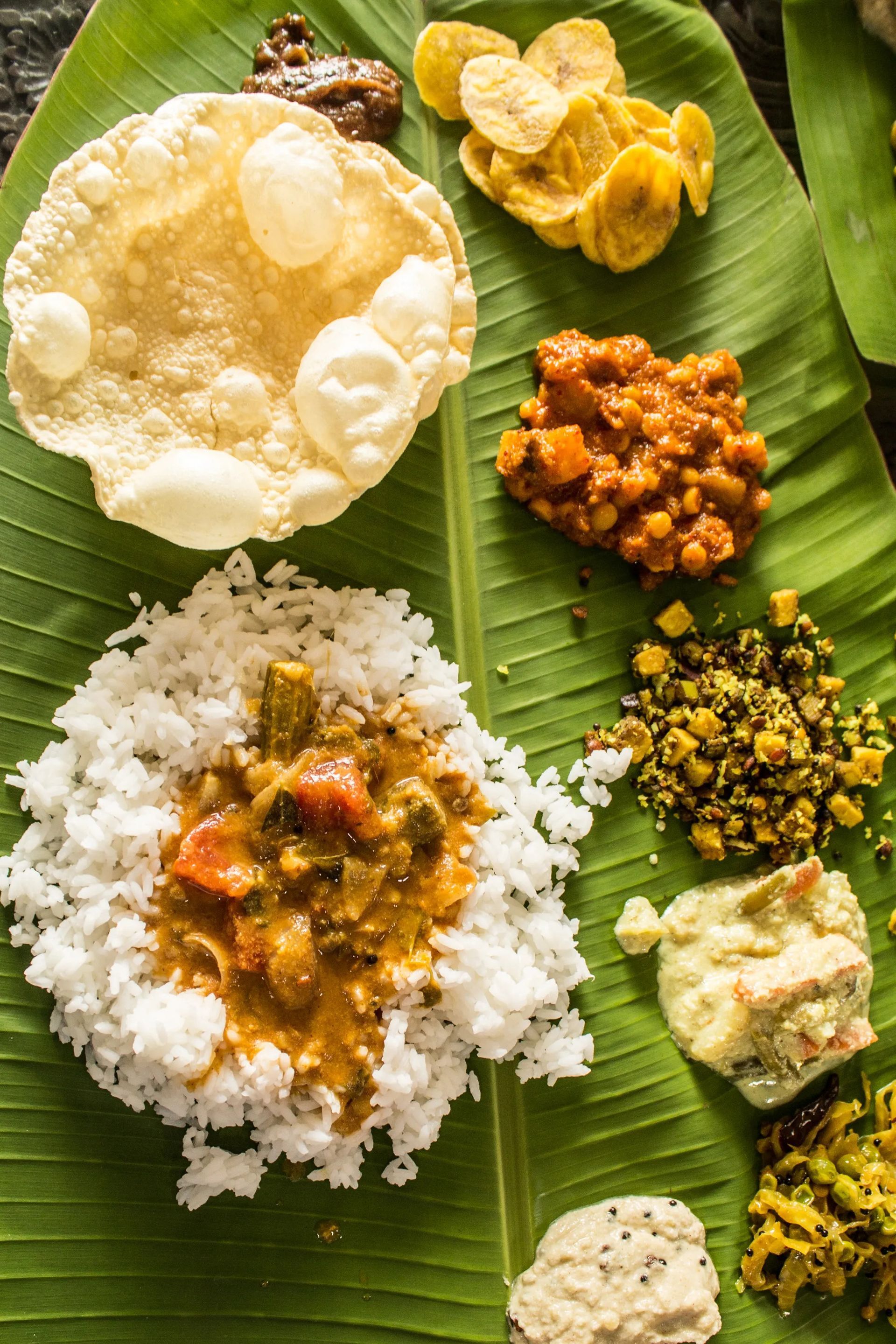
THE HINDU TEMPLE OF MINNESOTA
The Hindu Temple of Minnesota, built in 2006, provides religious, spiritual, educational, social, and cultural activities for more than 55,000 Hindu-Minnesotans. The building’s architecture is astounding, with twenty-one smaller temples within the large prayer hall, each a replica of famous temples in India and each dedicated to various manifestations of the divine consciousness. Sculptors, with trade skills passed on for generations, have hand-crafted beautiful pieces of art that adorn the tall Gopuram. A devotee or visitor, will pray in a large sunlit temple hall, listen to priests chant mantras thousands of years old, and smell burning incense and strings of fresh flowers.
